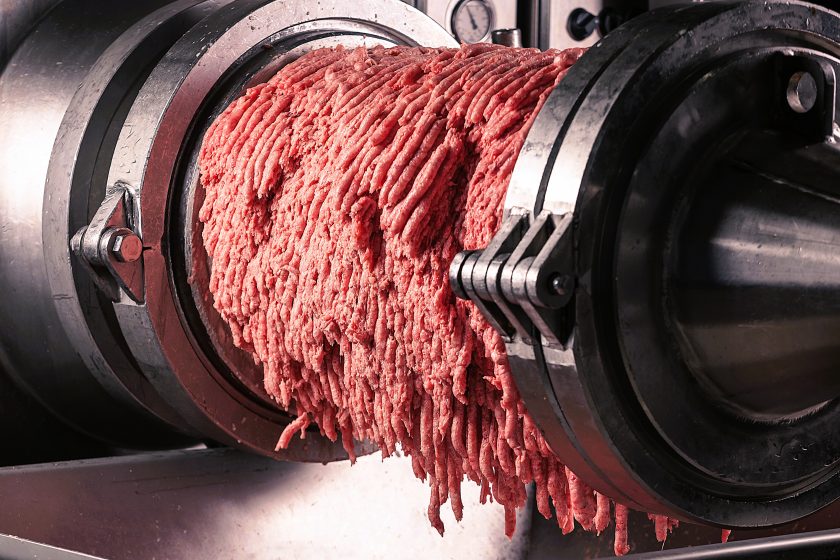Poland’s decision to ban its poultry exports, including eggs, from some regions for at least 30 days could affect the Philippines’ supply of imported raw materials, particularly mechanically deboned meat (MDM).
The move followed the European Commission’s (EC) implementation of emergency measures to address and curb the spread of highly pathogenic avian influenza (HPAI) from high-risk areas. Poland has reported a significant increase in cases, with 79 outbreaks recorded so far in 2025, compared to 50 in 2024.
Included in the ban are the regions of Mazowieckie, Wielkopolskie, Kujawsko-Pomorskie, Lódzkie, and Warminsko-Mazurskie.
An advisory from the Philippine Department of Trade and Industry said the EC has classified these areas as ‘high risk’ for the spread of HPAI, with 73 confirmed cases. It also noted that Mazowieckie and Wielkopolskie alone accounted for at least 40% of the chickens raised in Poland.
The Philippines currently do not ban poultry imports from Poland after lifting a previous ban on August 30, 2024.
Rising imports
Poland is becoming a reliable source of chicken MDM used to product products like hot dogs and meat loaves, and local processors are concerned over how the ban would affect supply.
Data from the Bureau of Animal Industry show that in 2024, the Philippines imported over 24,000 metric tons (MT) of chicken meat from Poland. MDM accounted for about 94% of the total. As of end-February 2025, the Philippines has shipped in over 2100 MT of poultry products from Poland, nearly 75% of which is MDM.
The Eastern European country is also drawing interest from local poultry players and the government as an alternative source for hatching eggs amid avian influenza outbreaks in the US.

